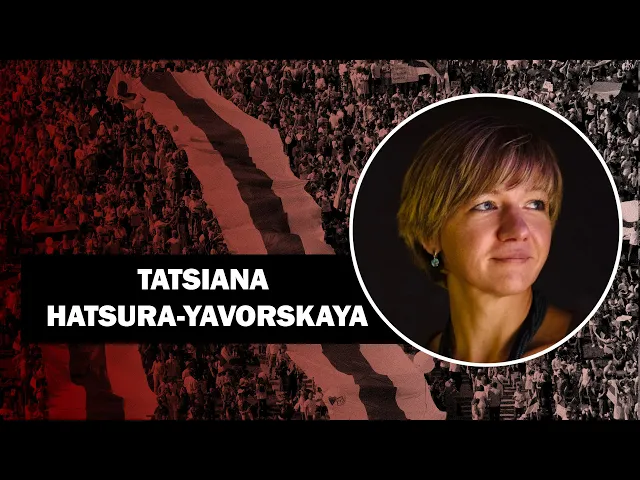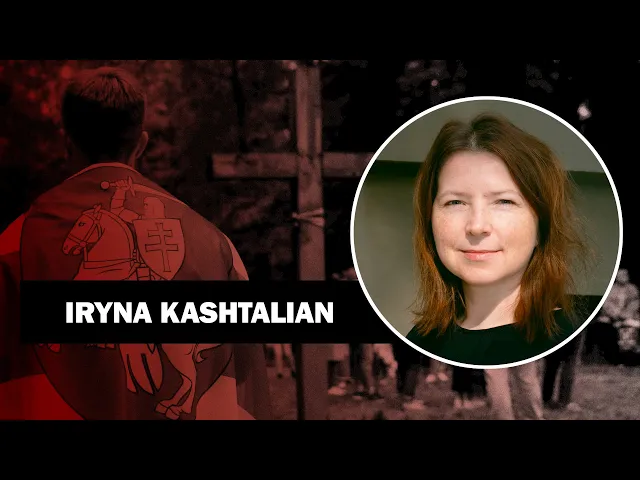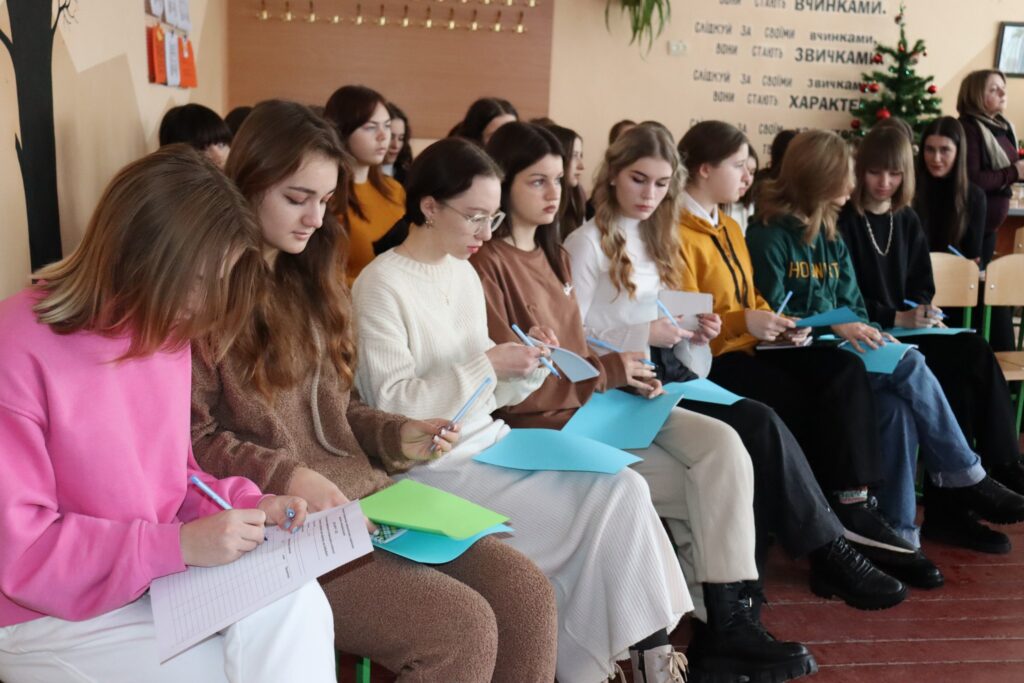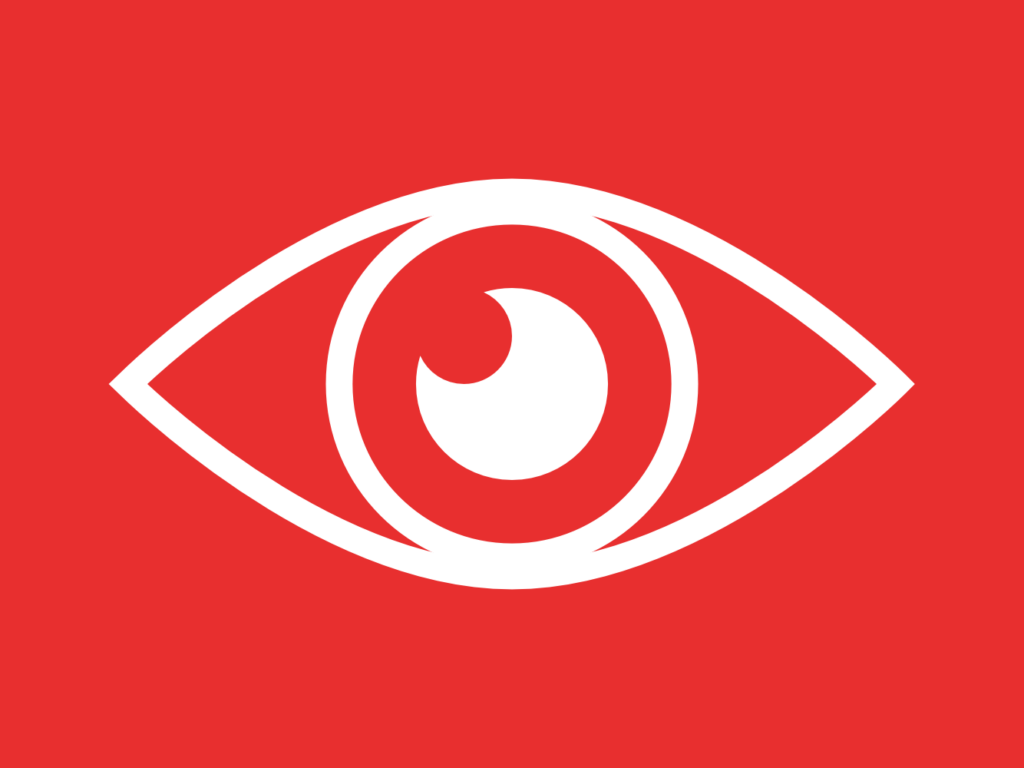LGBTQ parenting
In June 2023, the Prosecutor General’s Office of Belarus proposed to recognize the propaganda of non-traditional sexual relations, gender reassignment, pedophilia, and childfree values as an administrative offense. In the same month, the speaker of the Prosecutor General’s Office, Anzhalika Kurchak, said that same-sex marriage posed a threat to national security and the country’s demographic policies.
Same-sex families are still perceived by Belarusian society as a threat to the child, although the homo- or bisexuality of parents does not affect their ability to raise children.
During the yesterday’s panel, we talked to mental health experts and LGBTQ+ parents about their experiences raising children and discussed what challenges LGBTQ+ families face today and how they overcome them.
The discussion featured the following speakers:
- Milana Levitskaya, an LGBTQ activist, representative of the Queer Parenting initiative, a mother of a four-year-old son,
- Tatsiana Setsko, a feminist activist and mother raising a child alone,
- Hanna Matulyak, a psychologist, supervisor and coach,
- Maryia Kulina, a Gestalt therapist and child psychologist.
The discussion was moderated by Nasta Bazar, a feminist activist, who’s part of the FemMOZ project team and the United Transitional Cabinet of Belarus’ Social Affairs Office. She is also a representative of the LGBTQ community and a mother of two teenagers.
In addition to focusing on the problems faced by LGBTQ parents, the discussion also addressed problems faced by other groups of parents. Noting that each group has intrinsic privileges or vulnerabilities, the panelists pointed out the following problems and proposed the following solutions.
The experts note that in Belarus for many years about 70% of marriages have been ending in divorce. At the same time, the government continues to declare support for “traditional values”, denying the possibility of other types of union than “man and woman”. This provokes continued attacks on the LGBTQ community as this group is vulnerable. Other groups of families also face challenges, including single mothers or families in which children were conceived by alternative means (IVF, surrogacy). This creates challenges for parents. What should be noted is that the reasons for the problems are not LGBTQ parenting itself, but the societal attitude towards it.
The experts note that in Belarus, having a helping partner when bringing up a child is a privilege. Since the society remains patriarchal, fathers who are not involved in parenting are a common phenomenon. This is why many young parents, including those in the LGBTQ community, lack role models. On the other hand, it allows them not to copy the unhealthy patterns and implement the healthy ones instead.
Despite propaganda narratives about the “integral role” of fathers in raising children, they are far less involved in parenting than mothers. In some cases, they are even less involved than women from outside families. Thus, involved fatherhood needs to be promoted as in families with involved fathers, both parents have opportunities for self-fulfillment. Stigmatization is also faced by families with “non-traditional” gender roles. For example, families where the father stays home with the child while the mother works are stigmatized, which creates challenges for them. A healthy family requires government and community support regardless of gender roles and sexual orientation of parents.
Women face reproductive violence. In addition, as mothers, they cannot talk about even minor mistakes they make for fear of being judged. The experts suggest sharing these experiences in therapy groups.
Referring to psychologist Ilyacheva, who has researched marginalized families, the experts note that the norm is for the child to simply have a family, with the opposite of the norm being not to have one. A child needs nurturing, reliable adults. Single parents can be such adults and should not be considered a deviation from the norm since they are a statistically large group.
Healthy families can exist in the LGBTQ community. But the stigmatization of the LGBTQ community prevents the creation of such healthy families. Thus, when an LGBTQ person faces judgment from their family or friends, they need to establish boundaries.
The experts say that the LGBTQ parents in a patriarchal culture need both visibility and stability, which are hard to provide. Parenting of LGBTQ people is perceived as performative, which causes negative attitudes and pressure on families. These families receive undue attention and often face situations where they are perceived as activists rather than parents. LGBTQ parenting is associated with stigmatization, wrongly asked questions, and boundary violations. LGBTQ families need de-stigmatization. At the same time, LGBTQ parenthood should not be perceived as “heroism” but should be treated as an independent decision of adult people. It is important that LGBTQ parenting be treated appropriately, including in the family itself, so that the child perceives it as a norm.
LGBTQ families and single parents have to put more effort into family planning than other families. Any family different from the “mom+dad” model faces challenges as the society is heteronormative. In particular, single mothers lack representation since culture and media portray families only in the “mom+dad” format.
The experts also highlight gender stereotypes. From childhood, “default” figures and superstructures of gender and sexuality are created, in which only heteronormative families are represented. More representation of other families in the media is needed.
Stigma is also experienced by people whose pregnancies are the result of IVF or who have used surrogacy. Their children face stigma as well. On the other hand, it is important for the children to be told honestly about their origins because it is the basis of a person’s identity. It was in this regard that the “secrecy of adoption” was abolished. Transparency in communication with the child is necessary. Children should be gradually told about their background.
Experts note that the quality of child rearing does not depend on the configuration of the family. It depends on how the parents treat the child. Society needs to rethink its attitude towards motherhood. Expecting women to give up working for a long time in favor of motherhood is illogical from an economic point of view as professional life is an equal part of a woman’s identity.
Thus, stigma and dehumanization create health and life risks for LGBTQ families, single parents, and other non-heteronormative families, including risks for children. Experts note the need to increase the visibility of parenting models other than heteronormative. Vulnerable groups need to make joint efforts to increase their visibility, taking into account the intrinsic features of each group.
At the same time, the experts highlight that the LGBTQ community and adherents of conservative views exist in different information spaces, which means that efforts to inform the latter and fight stigma are not as effective as they could be.
The experts say that as the legal situation of LGBTQ people improves, their parenting situation will also improve and become more stable. On the other hand, the “conservative wave” of recent years and the growing stigmatization of LGBTQ people can create pressure on LGBTQ families and lead to mental health issues in children.







